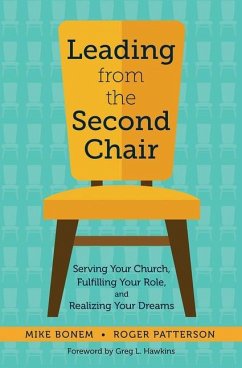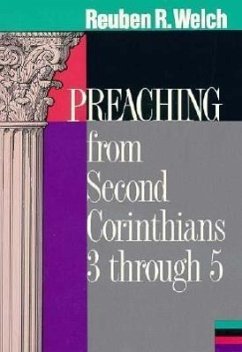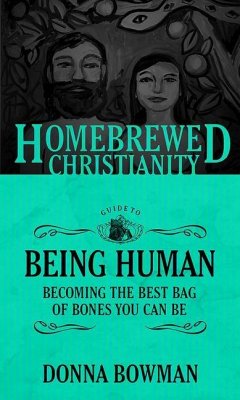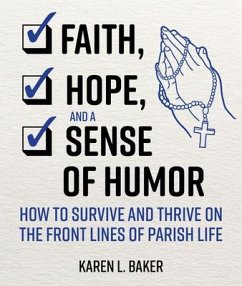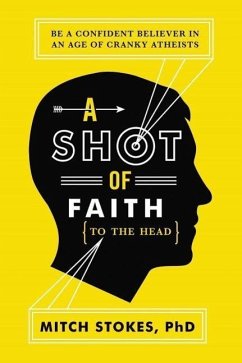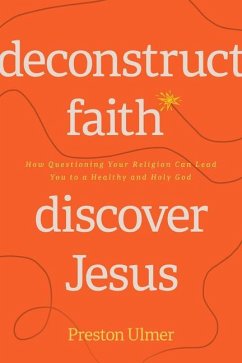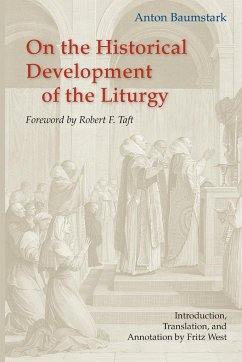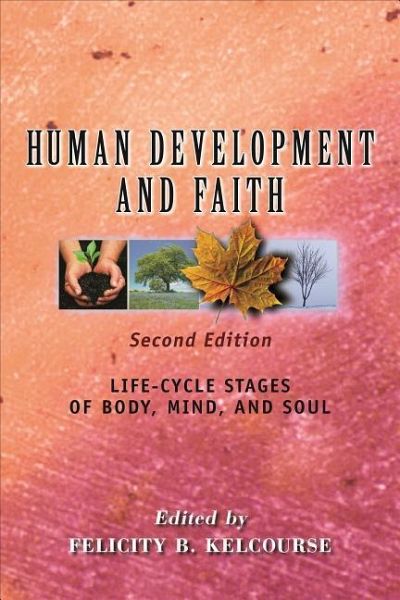
Human Development and Faith, Second Edition
Life-Cycle Stages of Body, Mind, and Soul
Herausgeber: Kelcourse, Felicity
Versandkostenfrei!
Versandfertig in über 4 Wochen
29,99 €
inkl. MwSt.
Weitere Ausgaben:

PAYBACK Punkte
15 °P sammeln!
This book, now in its second edition, brings together the best available understandings of human development from a multidisciplinary perspective. Uniquely inclusive of the moral and faith dimensions of context and life-cycle development, Human Development and Faith examines the interplay of mind, body, family, community, and soul at every stage of development. It addresses two central questions: What are the "good-enough" conditions of parenting, family, and community in each phase of life, from birth to death, that support growth and development? What gives life adequate meaning as developme...
This book, now in its second edition, brings together the best available understandings of human development from a multidisciplinary perspective. Uniquely inclusive of the moral and faith dimensions of context and life-cycle development, Human Development and Faith examines the interplay of mind, body, family, community, and soul at every stage of development. It addresses two central questions: What are the "good-enough" conditions of parenting, family, and community in each phase of life, from birth to death, that support growth and development? What gives life adequate meaning as development proceeds? If human development describes the normative and hoped-for passages of life, then faith provides the necessary component of meaning. Throughout the various perspectives offered in this volume is the premise that faith is that quality of living that makes it possible to fully live. The Journal of Pastoral Theology called the first edition of Human Development and Faith "an excellent text for pastoral theology courses, because it fulfills its ambitious goal of bringing a holistic faith perspective to the usual topics of development." This second edition includes a new chapter on infancy, updates reflecting our growing awareness of cultural diversity, and a new preface.





